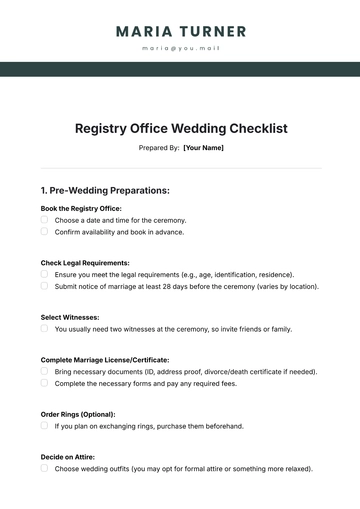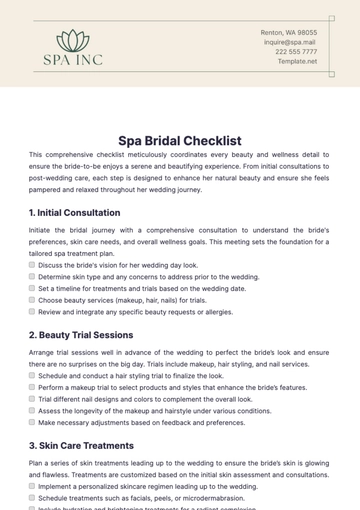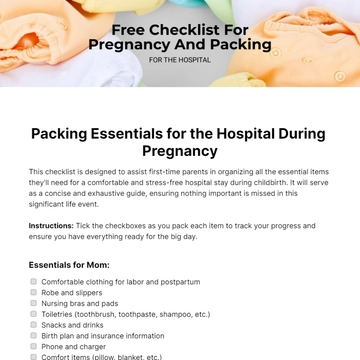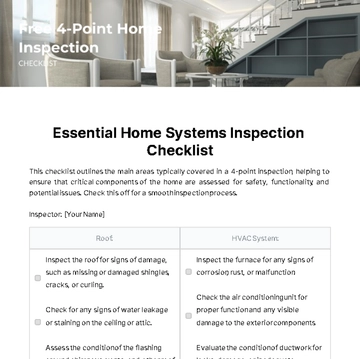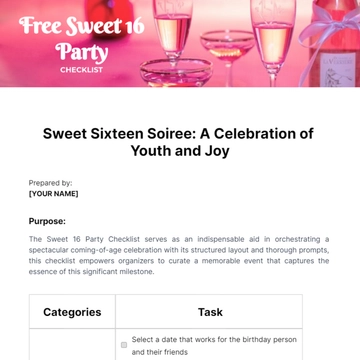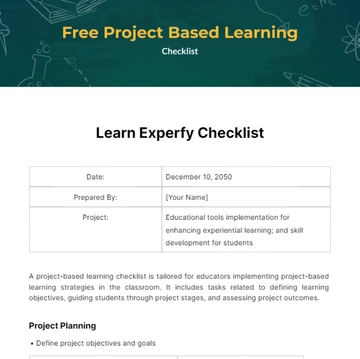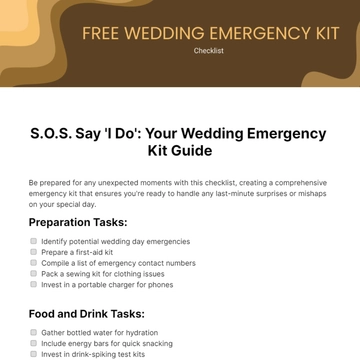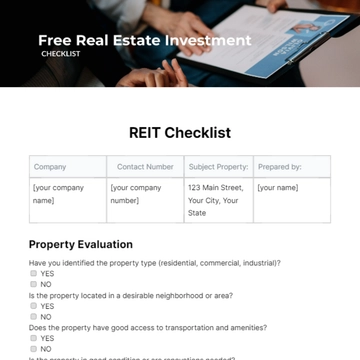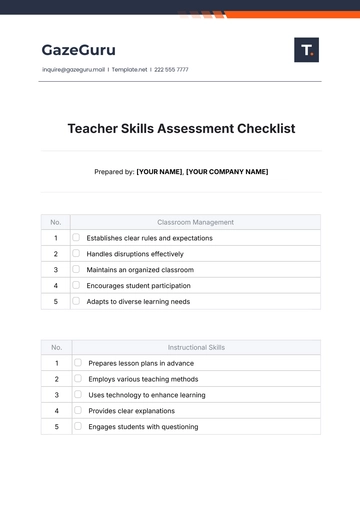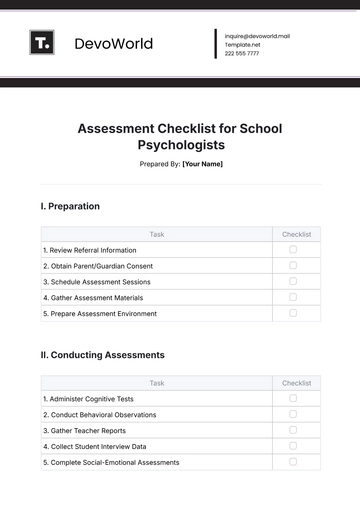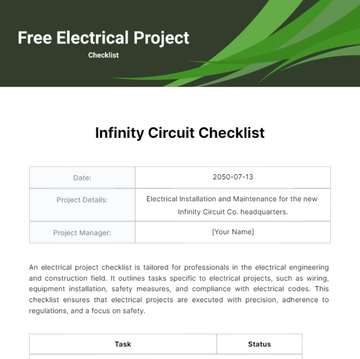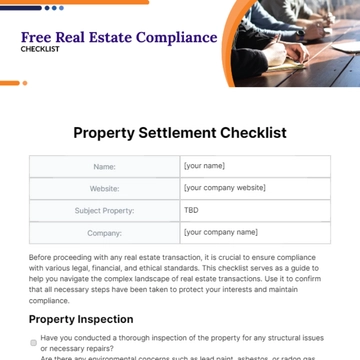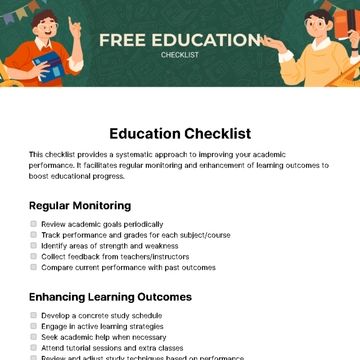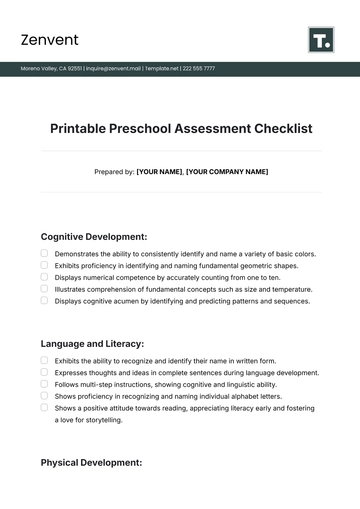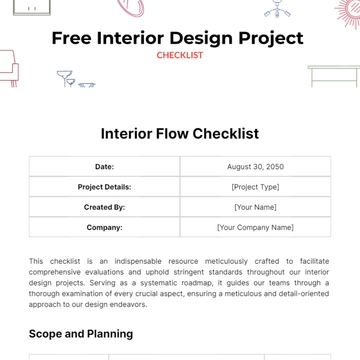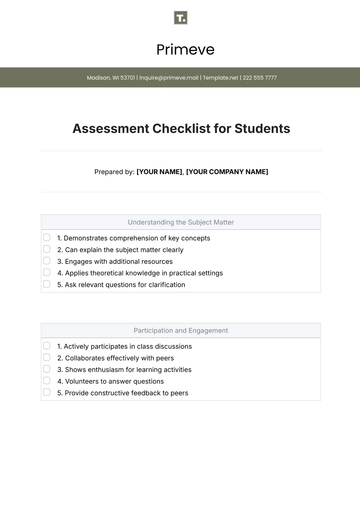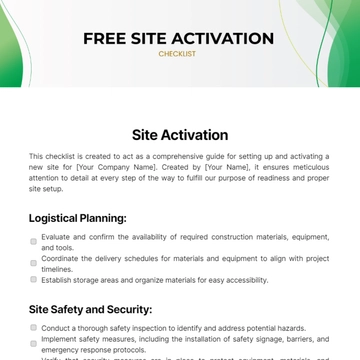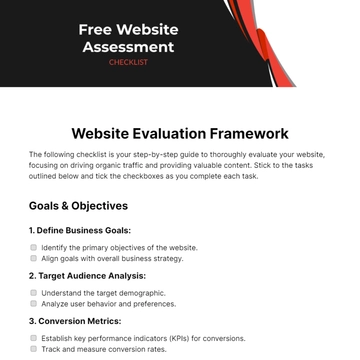Free Assessment Checklist School Psychologist
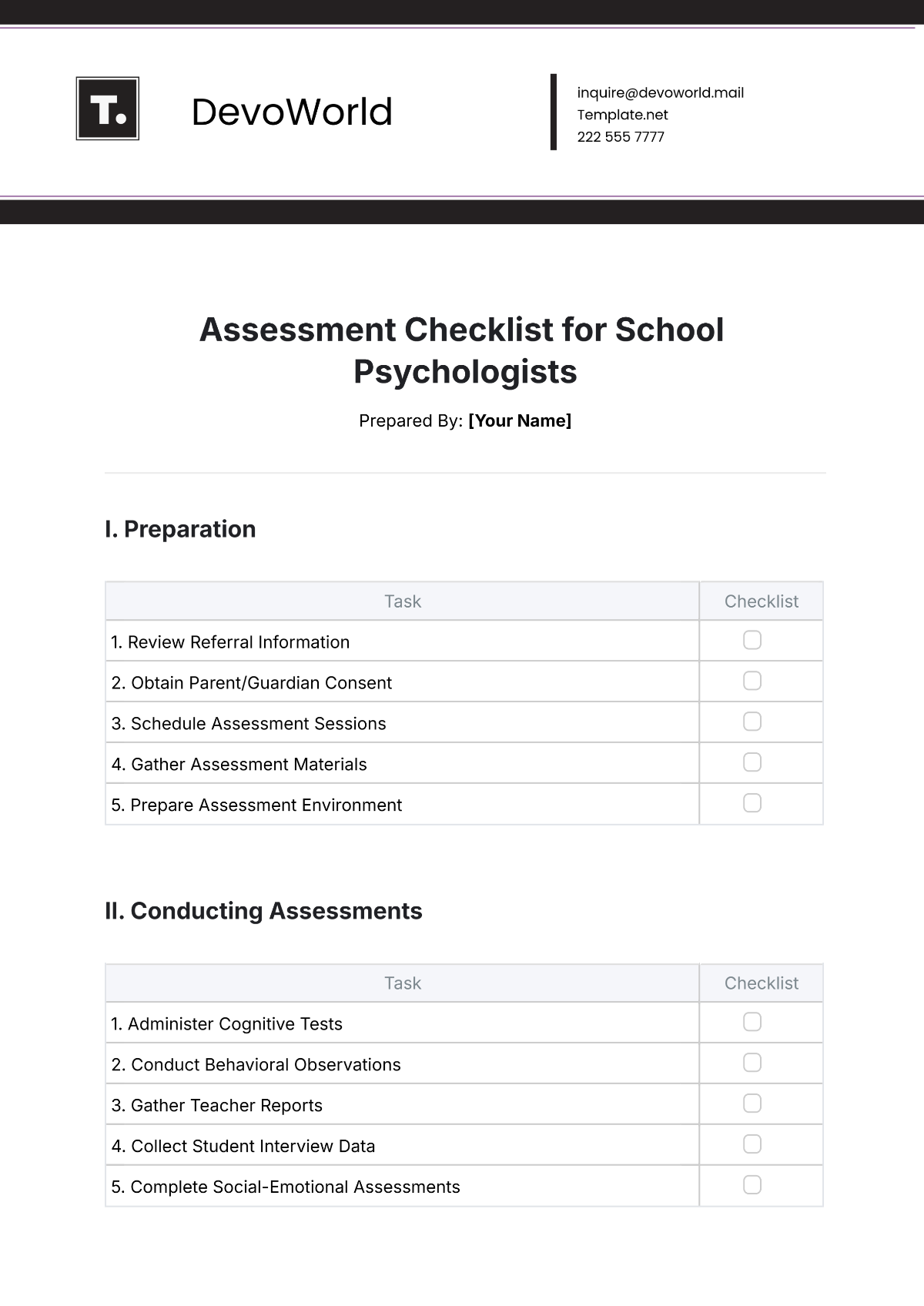
Prepared By: [Your Name]
I. Preparation
Task | Checklist |
|---|---|
1. Review Referral Information | |
2. Obtain Parent/Guardian Consent | |
3. Schedule Assessment Sessions | |
4. Gather Assessment Materials | |
5. Prepare Assessment Environment |
II. Conducting Assessments
Task | Checklist |
|---|---|
1. Administer Cognitive Tests | |
2. Conduct Behavioral Observations | |
3. Gather Teacher Reports | |
4. Collect Student Interview Data | |
5. Complete Social-Emotional Assessments |
III. Data Analysis
Task | Checklist |
|---|---|
1. Score Assessment Tools | |
2. Interpret Data Results | |
3. Identify Student Strengths | |
4. Determine Areas of Need | |
5. Compile a Comprehensive Report |
IV. Reporting Findings
Task | Checklist |
|---|---|
1. Write Assessment Summary | |
2. Develop Recommendations | |
3. Conduct Feedback Meeting | |
4. Provide Report to Stakeholders | |
5. Ensure Understanding and Agreement |
V. Follow-Up
Task | Checklist |
|---|---|
1. Monitor Student Progress | |
2. Adjust Interventions as Needed | |
3. Collaborate with Teachers | |
4. Update Documentation | |
5. Plan for Reevaluation |
- 100% Customizable, free editor
- Access 1 Million+ Templates, photo’s & graphics
- Download or share as a template
- Click and replace photos, graphics, text, backgrounds
- Resize, crop, AI write & more
- Access advanced editor
Discover the Assessment Checklist School Psychologist Template from Template.net. This editable tool, specifically crafted for school psychologists, offers unparalleled flexibility. Customize and edit effortlessly in our AI Editor Tool, creating a personalized checklist that meets your specific needs. Embrace efficiency with this customizable template, tailored to streamline your assessment process.
You may also like
- Cleaning Checklist
- Daily Checklist
- Travel Checklist
- Self Care Checklist
- Risk Assessment Checklist
- Onboarding Checklist
- Quality Checklist
- Compliance Checklist
- Audit Checklist
- Registry Checklist
- HR Checklist
- Restaurant Checklist
- Checklist Layout
- Creative Checklist
- Sales Checklist
- Construction Checklist
- Task Checklist
- Professional Checklist
- Hotel Checklist
- Employee Checklist
- Moving Checklist
- Marketing Checklist
- Accounting Checklist
- Camping Checklist
- Packing Checklist
- Real Estate Checklist
- Cleaning Checklist Service
- New Employee Checklist
- Food Checklist
- Home Inspection Checklist
- Advertising Checklist
- Event Checklist
- SEO Checklist
- Assessment Checklist
- Inspection Checklist
- Baby Registry Checklist
- Induction Checklist
- Employee Training Checklist
- Medical Checklist
- Safety Checklist
- Site Checklist
- Job Checklist
- Service Checklist
- Nanny Checklist
- Building Checklist
- Work Checklist
- Office Checklist
- Training Checklist
- Website Checklist
- IT and Software Checklist
- Performance Checklist
- Project Checklist
- Startup Checklist
- Education Checklist
- Home Checklist
- School Checklist
- Maintenance Checklist
- Planning Checklist
- Manager Checklist
- Wedding Checklist
- Vehicle Checklist
- Travel Agency Checklist
- Vehicle Inspection Checklist
- Interior Design Checklist
- Backpacking Checklist
- Business Checklist
- Legal Checklist
- Nursing Home Checklist
- Weekly Checklist
- Recruitment Checklist
- Salon Checklist
- Baby Checklist
- Equipment Checklist
- Trade Show Checklist
- Party Checklist
- Hospital Bag Checklist
- Evaluation Checklist
- Agency Checklist
- First Apartment Checklist
- Hiring Checklist
- Opening Checklist
- Small Business Checklist
- Rental Checklist
- College Dorm Checklist
- New Puppy Checklist
- University Checklist
- Building Maintenance Checklist
- Work From Home Checklist
- Student Checklist
- Application Checklist
